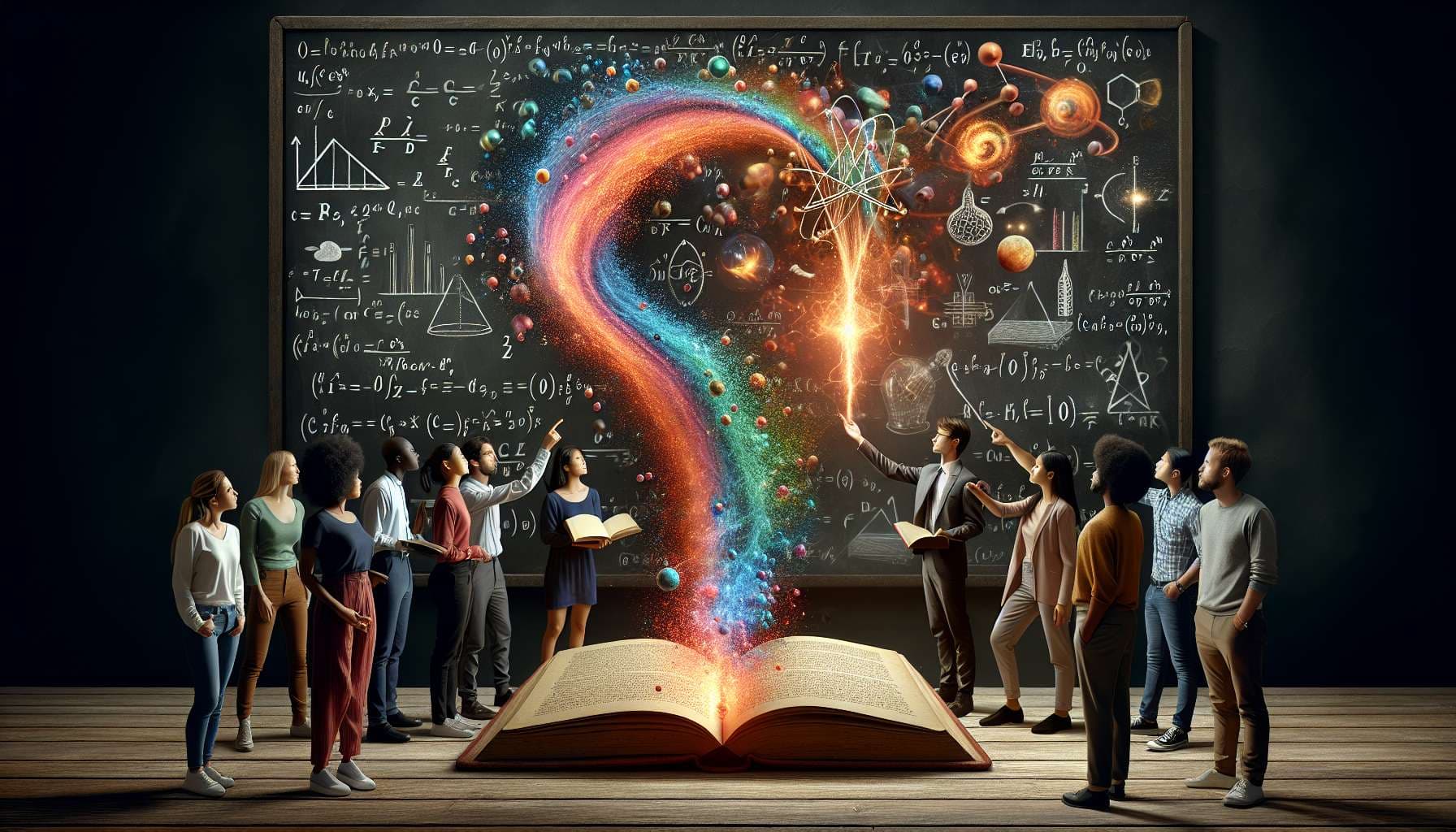
The field of causality in machine learning is based on operational definitions of causal relations between variables (see Pearl 2000, “Causality”, sect 2.6). These rely on lower level concepts such as statistical independence. This is similar to the notion of pressure in physics, which relies on the concept of force and area. On the other hand, pressure can be perceived directly through our skin; similarly, everyday experience entails a notion of causality. Clearly there is no expectation that these notions align to their operationally defined counterparts, even though some overlap has to be present (otherwise scientists would not have adopted a certain word from natural language).
Albert Michotte’s book is a landmark study on the perception of causality. It’s a work of experimental psychology that had a strong impact on philosophy as well. I just started reading it. Will I gain any insight that will be even remotely useful for my research, which focuses on applying causal discovery (à la Pearl) to astrophysical data?
Subjective judgement, so I will not bet.
🏅 Top traders
| # | Trader | Total profit |
|---|---|---|
| 1 | Ṁ3 | |
| 2 | Ṁ3 | |
| 3 | Ṁ0 |
People are also trading
@TheAllMemeingEye not for this purpose. But it’s interesting if you are into experimental psychology